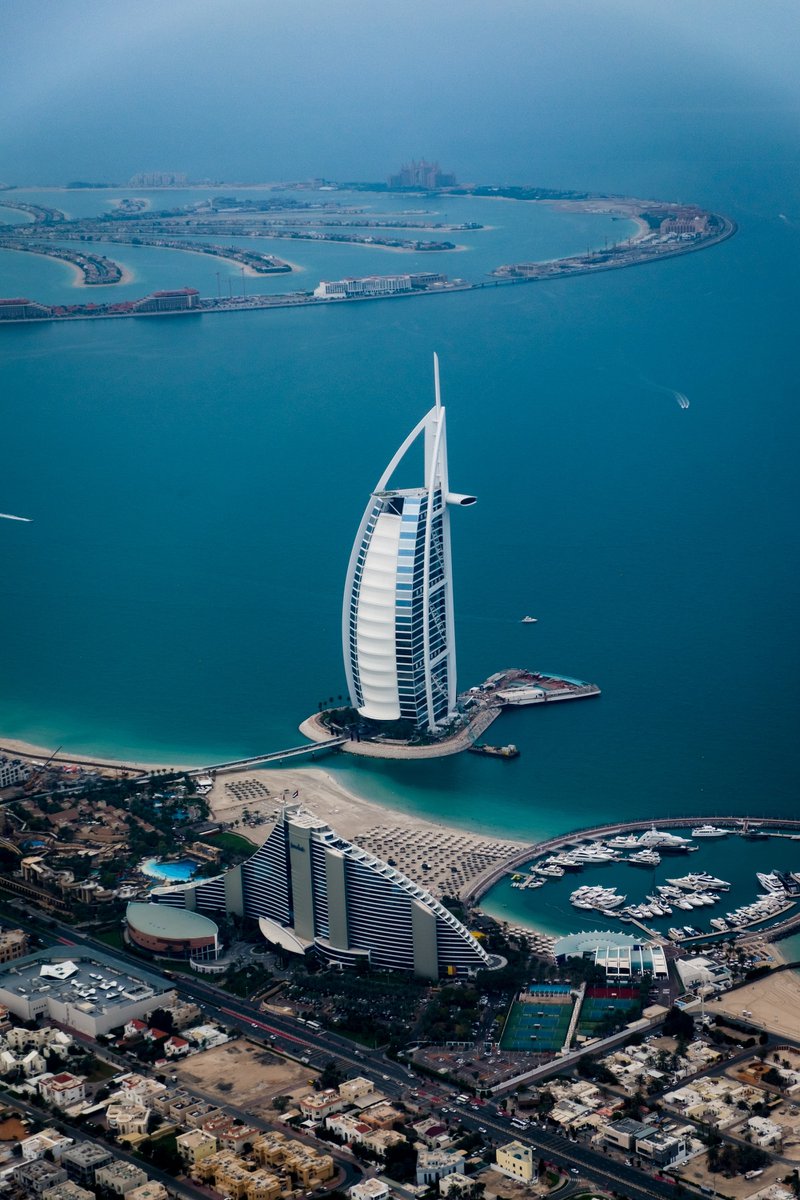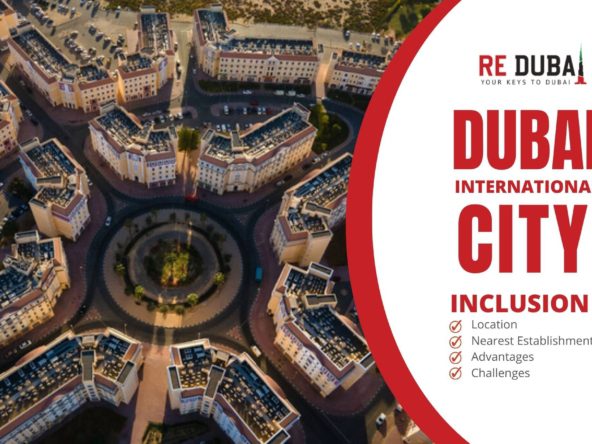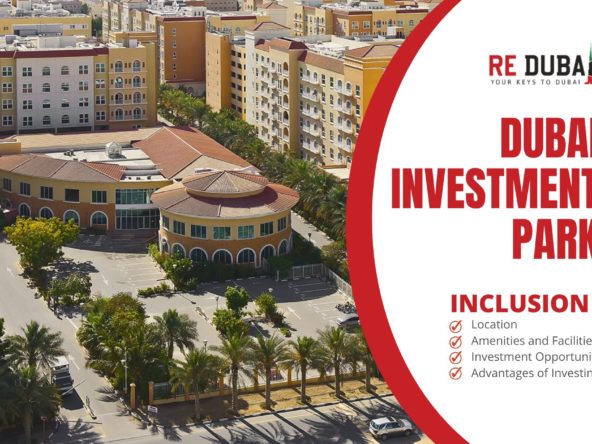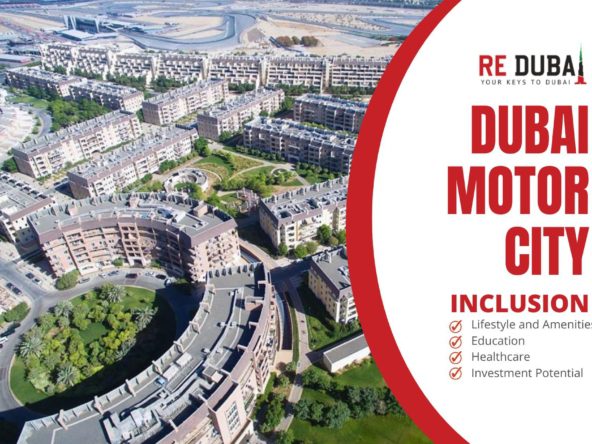There are a number of costs that customers must pay in addition to the purchase price, but we wouldn't call these hidden costs because they are covered during the property purchase process.

1. From what range do properties in the area sell?
You can tell an area specialist from a non-area specialist right away using this question. Brokers unfamiliar with the area won't be able to provide you with a precise response; they won't be able to negotiate well, which could result in the buyer overpaying. As a result, it's crucial to consult a subject-matter expert for the best advice and direction.
2. What is the owner's reason for selling, and how long have they resided there?
You can learn a little bit about the owner's situation by asking this question. Even though you might not always get an honest response, it might still be beneficial. In some circumstances, there may be a distressed seller who needs to sell the house quickly, or there may be a problem with the house. It may allow room for negotiation, which the buyer can take advantage of depending on the circumstances.
3. How long has the house been on the market?
Knowing how long a property has been on the market is always helpful. A property that has been on the market for a long time was likely overpriced when it first went on the market, which is frequently the result of a bad marketing plan. The buyer will have more negotiating power as a result due to the seller's potential increased motivation and willingness to make a price concession.
4. What are the property's service fees?
Buyers frequently forget to inquire about the property's service fees. Building service fees in Dubai range from a few thousand dirhams annually to up to 100,000, which can have a significant impact on annual costs and must be taken into account in the initial cost calculations.
5. Has the property undergone any work, such as renovations or additions?
This is a crucial query because, as part of the No Objection Certificate (NOC) procedure, some developers will physically visit the property and conduct an inspection. The developer will require the seller to have the appropriate NOC in order to give the NOC for the transfer of ownership of the property if there are any modifications or, more likely, extensions to the property. The seller may have to remove the extension or pay for the NOC cost after the deal is agreed, which ultimately could cause a deal to fall through, so it's important for the buyer to ask the agent if the seller has NOCs in place for these.
What additional expenses might I incur if I buy a property?
Although there are additional costs that customers must pay in addition to the purchase price, we wouldn't call these hidden costs because they are discussed with customers while they are purchasing the property. These costs typically add up to about 7% of the total property value. As a result, they shouldn't be disregarded and should be included in the price of purchasing a property.
These include, but are not limited to:
- 4% of the purchase price is the amount for transfer fees.
- A Dh4,200 appointment fee plus a Dh580 administrative fee
- A 2% professional or agency fee, plus applicable taxes and transportation costs
- Additional costs will be specified in the contract if you intend to finance the purchase.
Source: Khaleejtimes



